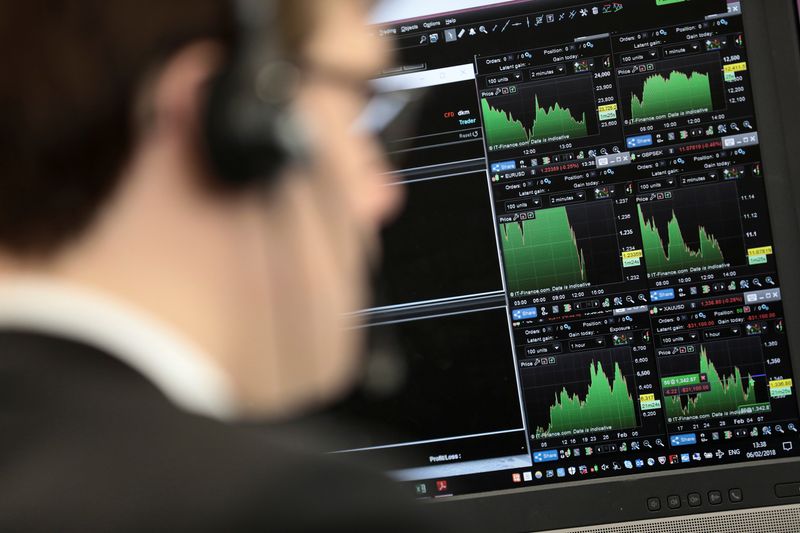This post was originally published on this site
https://i-invdn-com.akamaized.net/trkd-images/LYNXMPEG350ED_L.jpg
LONDON (Reuters) – UK-based bond funds saw outflows of 3.7 billion pounds ($4.54 billion) in March as the coronavirus pandemic spurred a rush to cash, data from the fund transaction network Calastone showed.
Global markets have been hit hard, losing almost $8 trillion in value, according to S&P Dow Jones Indicies, as the rapidly spreading COVID-19 virus put hundreds of millions of people into government-imposed lockdowns, setting the world’s economy on course for recession.
With company revenues set to slide and the prospect of bankruptcies to come, many investors fled corporate bonds, which had proved increasingly attractive over recent years given low central bank interest rates.
Data from Calastone showed particularly heavy selling of bond funds over the weeks of March 9 and March 16, although demand to sell slowed towards the end of the month.
Calastone, which provides the market infrastructure through which fund units can be bought and sold, said it sees around 90% of all flows in UK-domiciled funds, totalling nearly 200 billion pounds of transactions every month.
(GRAPHIC: UK bond funds see outflows in March – https://fingfx.thomsonreuters.com/gfx/editorcharts/ygdvzmqapwa/eikon.png)
For an interactive version of the graphic, click here https://reut.rs/2UEfUDK.
The scale of selling was 13 times more than that seen in the previous worst month – January 2019 – since Calastone began collating the data in 2015, and wiped out accumulated inflows from the preceding eight months.
As well as the concern over widening yield spreads, as investors worried that weak sovereign and corporate borrowers may struggle to service their debts, selling was also driven by quarter-end portfolio rebalancing, Calastone said.
“Market crises are superficially all the same as volatility soars and asset prices collapse, but they differ enormously in the detail,” said Edward Glyn, Head of Global Markets at Calastone.
“The temporary loss of fixed income as a safe-haven asset class to counterbalance some of the huge losses in equity markets left investors with little option but to ride it out or park their money in cash or cash-equivalents like money market funds.”
While actively managed equity funds also saw heavy outflows – some 1.7 billion pounds – the big winner were equity funds that passively track an index, collectively seeing inflows of 1.4 billion pounds.
“The massive divergence between passive and active funds can be partially explained by long-term trends driving the growth of index investing and by the hard anchor of monthly direct debits, but these factors aren’t enough on their own to account for the huge disparity in March,” Glyn said,
“It seems investors attempting to catch market troughs may simply be focusing on timing and just relying on the index to do the rest.”
($1 = 0.8155 pounds)

